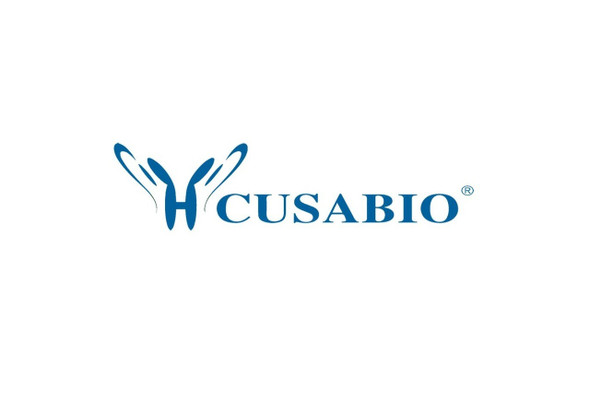Cusabio Polyclonal Antibodies
KLHL8 Antibody | CSB-PA195923
- SKU:
- CSB-PA195923
- Availability:
- 3 to 7 Working Days
Description
KLHL8 Antibody | CSB-PA195923 | Cusabio
KLHL8 Antibody is Available at Gentaur Genprice with the fastest delivery.
Online Order Payment is possible or send quotation to info@gentaur.com.
Product Type: Polyclonal Antibody
Target Names: KLHL8
Aliases: kelch-like family member 8
Background: Kelch-like protein 8 is a protein that in humans is encoded by the KLHL8 gene. Substrate-specific adapter of a BCR (BTB-CUL3-RBX1) E3 ubiquitin ligase complex required for The BCR (KLHL8) ubiquitin ligase complex mediates ubiquitination and degradation of RAPSN.
Isotype: IgG
Conjugate: Non-conjugated
Clonality: Polyclonal
Uniport ID: Q9P2G9
Host Species: Rabbit
Species Reactivity: Human
Immunogen: Synthetic peptide of human KLHL8
Immunogen Species: Human
Applications: ELISA, WB, IHC
Tested Applications: ELISA, WB, IHC;ELISA:1:2000-1:5000, WB:1:200-1:1000, IHC:1:50-1:200
Purification Method: Antigen affinity purification
Dilution Ratio1: ELISA:1:2000-1:5000
Dilution Ratio2: WB:1:200-1:1000
Dilution Ratio3: IHC:1:50-1:200
Dilution Ratio4:
Dilution Ratio5:
Dilution Ratio6:
Buffer: -20°C, pH7.4 PBS, 0.05% NaN3, 40% Glycerol
Form: Liquid
Storage: Upon receipt, store at -20°C or -80°C. Avoid repeated freeze.
Initial Research Areas: Cell Biology
Research Areas: Epigenetics & Nuclear Signaling;Cancer;Cell biology













